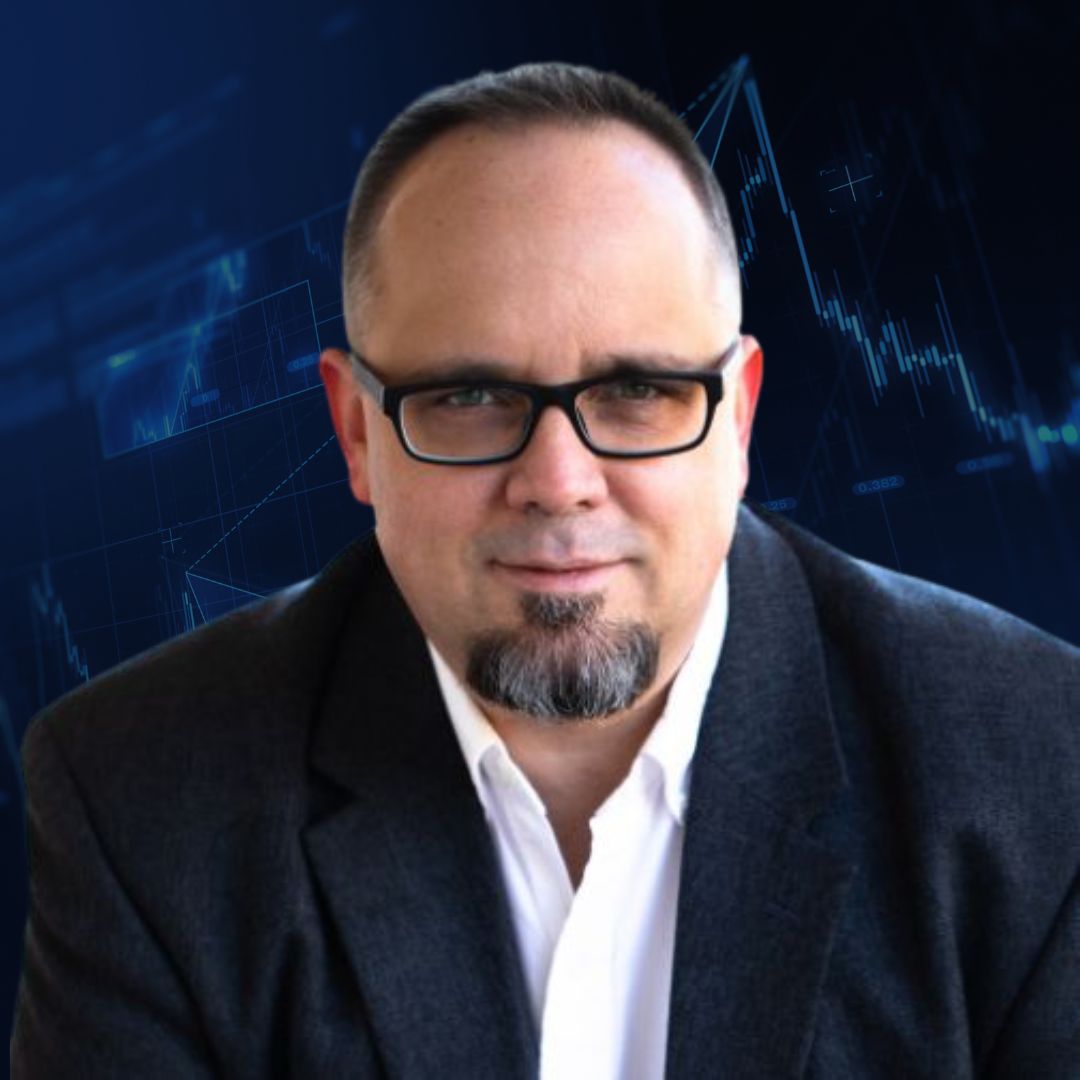In the discussion about scaling a business, Brandon Bateman and Eric Brewer explore the challenges that entrepreneurs face, particularly when balancing limited resources with growth ambitions. They emphasize that early-stage businesses often struggle with the same constraints as established corporations, but lack the same resources. While large corporations typically secure funding to hire staff and plan for profitability over several years, small business owners often need to adopt a more scrappy, hands-on approach. This involves identifying and leveraging their unique abilities—such as marketing or sales skills—to generate income before hiring others.
The conversation highlights that real estate wholesaling requires a focus on marketing first and sales second. Entrepreneurs are encouraged to delegate non-revenue-generating tasks to free up their time for activities that directly contribute to income. Hiring an executive assistant is suggested as a strategic move to help entrepreneurs focus on what matters most—connecting with customers and closing deals.
As businesses grow, the need for smart time management and delegation becomes paramount. Entrepreneurs must transition from handling multiple responsibilities to gradually shedding lower-impact tasks to enhance efficiency and productivity. The speakers emphasize that small businesses have a unique opportunity to create meaningful work environments and provide growth opportunities for employees, which is a key part of their mission.
The conversation shifts to attracting and retaining great talent, which the speakers regard as the most critical aspect of business success. They believe that becoming a great person oneself is crucial for attracting quality employees. This involves upholding high standards and fostering characteristics such as humility, hunger, and emotional intelligence (EQ). The importance of social media is also discussed as a tool for showcasing personal and professional journeys, which can draw potential employees who resonate with the founder’s values and experiences.
Finally, the speakers stress the significance of cultural fit in hiring, pointing out that ideal team players should align with the organization’s core values, which include integrity, respect, and a can-do attitude. By employing strategic hiring practices, entrepreneurs can build teams that not only possess the necessary skills but also share the company's vision and values.





.jpg)





.webp)
